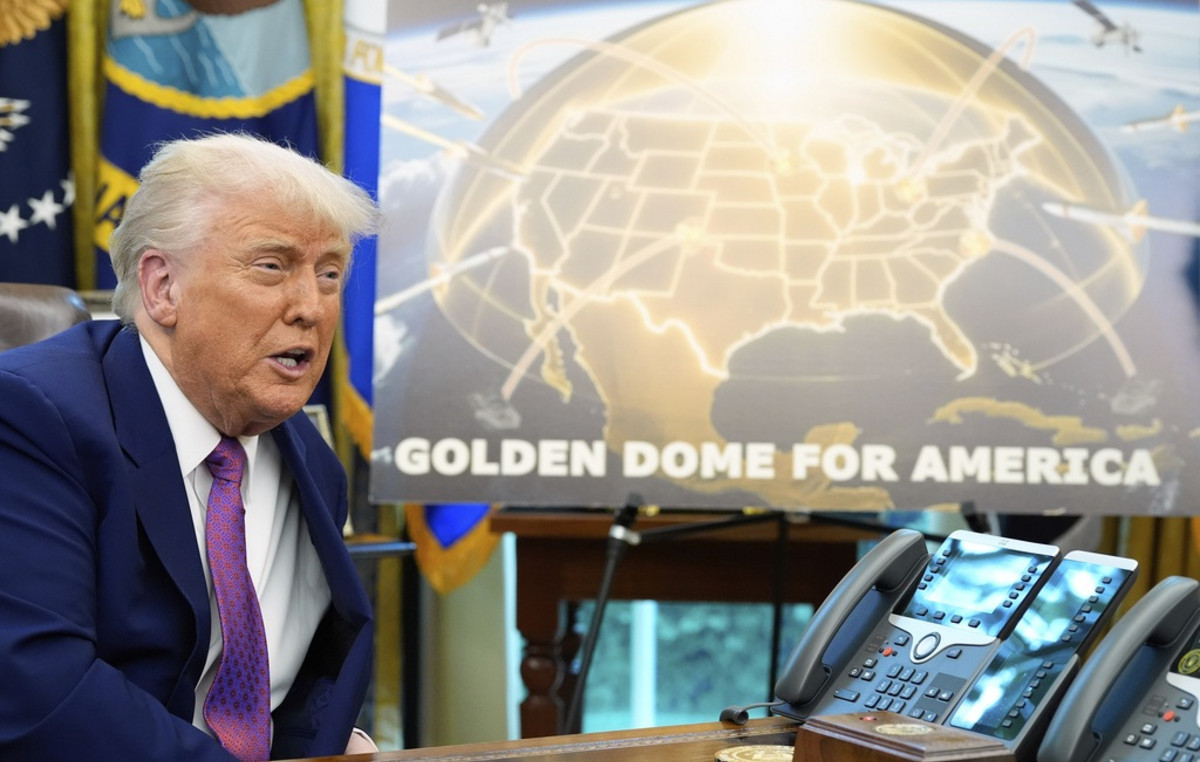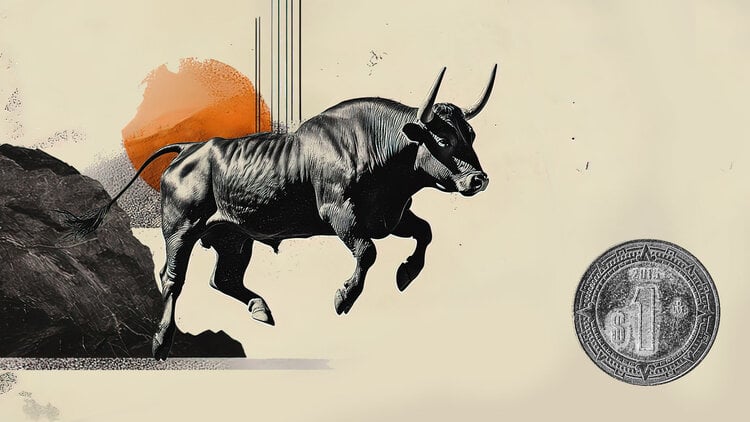This Monday (1) the new result of the Consumer Price Index – Weekly (IPC-S) was released, which showed a retreat of 1.19% at the end of July, after deflation of 0.44% in the third quarter and up 0.67% in June.
According to economists interviewed by the CNN Brasil Business the data suggests that the accumulated inflation for this year should be lower.
For the chief economist of MB Associados and CNN Specialist in Economics, Sergio Vale, the numbers presented by the IPC-S are good and bring more reasonable inflation expectations for 2022.
“It did make room for inflation between 7% and 7.50% this year, but you can’t rule out that it could be higher than that. But certainly, this strong number of deflation and a possible [resultado] August helps to give a much more reasonable expectation of inflation”, he said.
According to the index, five of the eight categories of expenses that make up the indicator cooled in the variation between the third four weeks of July and the end of the month, with emphasis on Transport (-2.88% to -4.81%), pulled by gasoline (-8.61% to -14.24%).
Education, Reading and Recreation (-1.31% to -4.06%), Housing (-0.37% to -0.70%), Food (1.50% to 1.34%) and Clothing (0 .59% to 0.47%) were the other groups to register deceleration in the period.
The indicator accumulated inflation of 8% in the 12 months through July, lower than the advance of 10.31% in the period through May.
Despite having registered a slowdown, Vale recalls that it is still necessary to monitor certain risks with respect, for example, to the food segment this year.
“We have some weather and drought problems that can affect crops and have some impact that we have to monitor. There is also the end of the year, with the political issue and a tension of what will become of the next government… it could bring some change in the exchange rate”.
Órama’s chief economist, Alexandre Espírito Santo, believes that the work carried out by the Central Bank (BC) in raising the basic interest rate has generated results in the fight against inflation.
“Although we still have inflation above the target ceiling, somehow the market is already seeing that the drug administered [pelo Banco Central] It’s starting to take effect,” he said.
This Wednesday (3), the Central Bank’s Copom (Monetary Policy Committee) should announce a new increase in the basic interest rate – the Selic rate. The expectation is that the high will end the cycle of increase on the rate in Brazil.
Expectations
For the year 2023, experts assess a different scenario, with an expectation of rising inflation.
Sergio Vale mentions the drops in revenue that federative entities must face this year due to changes in tax rules such as, for example, the ceiling established for charging ICMS on fuel and other goods and services considered essential.
“For next year, the scenario is different, it gets worse and inflation is expected to rise, with the market moving towards [um índice] between 5% and 6%. This with the risks of transfers, under these drops we had this year due to tax issues, exchange rate impact and a likely turbulent start to the year that we should have next year”.
In addition, Vale warns of inflation on services. “Services inflation is accelerating, the population is returning to consume services with intensity. It’s inflation that’s harder to give in, it falls more slowly,” she explained.
The chief economist at Necton, André Perfeito, says that the fiscal efforts that generate the fall in inflation in 2022 may not have an effect next year.
“As inflation is falling due to a fiscal effort that should not continue for next year, the impression you have is that the index may rise again. Inflation outside the target next year is due to the fiscal, due to the prospects that the price of gasoline will rise after taxes are returned and the period of emergency of the PEC of Benefits ends”.
Source: CNN Brasil
I am Sophia william, author of World Stock Market. I have a degree in journalism from the University of Missouri and I have worked as a reporter for several news websites. I have a passion for writing and informing people about the latest news and events happening in the world. I strive to be accurate and unbiased in my reporting, and I hope to provide readers with valuable information that they can use to make informed decisions.







